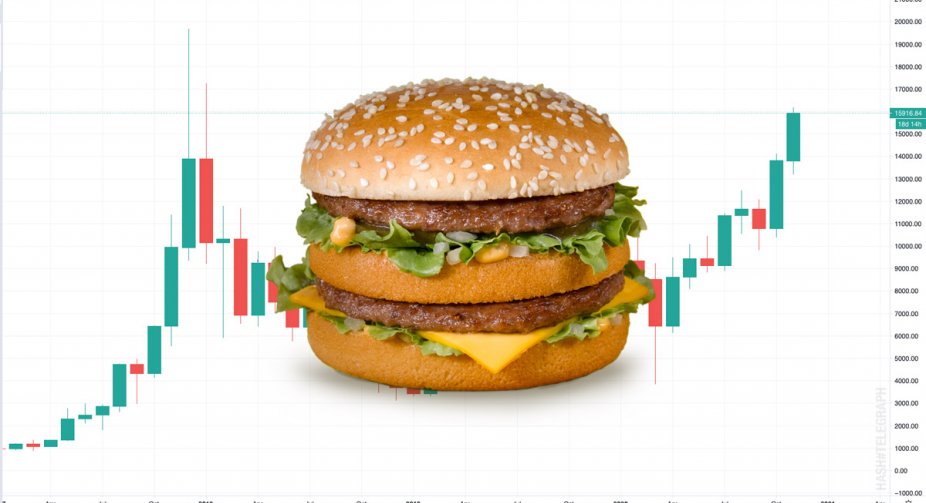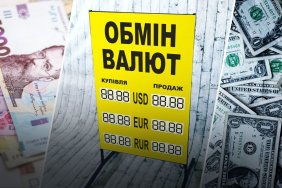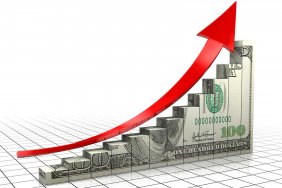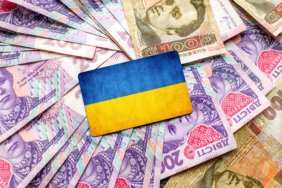The exchange rate of the hryvnia to the dollar is not in the latest Big Mac Index. The McDonald's chain has temporarily closed its fast-food restaurants after the Russian invasion, and this burger cannot be bought in Ukraine yet.
This is evidenced by the rating of The Economist for July 2022.
The rating also does not include the Russian ruble. McDonald's left this country due to its aggression against Ukraine.
The most undervalued currencies of the world in July 2022 are the monetary units of Indonesia, where a Big Mac is 54.6% cheaper than in the U.S., Romania (-55.7%) and Venezuela (-65.8%).
Only the Swiss franc (+30.3%) Norwegian krone (21.6%), Uruguayan peso (+18.1%), Swedish krone (+8.5%) and Canadian dollar (+2.0%) are overvalued currencies.
In the euro zone, the Big Mac is 7.5% cheaper than in the U.S.
Earlier it was reported that McDonald's may reopen in Ukraine this summer.
The Big Mac index was developed by The Economist in 1986. The methodology for calculating the index is based on the theory of purchasing power parity (PPP), according to which the exchange rate should equalize the cost of a basket of goods (in this case a McDonald's burger) in different countries.



